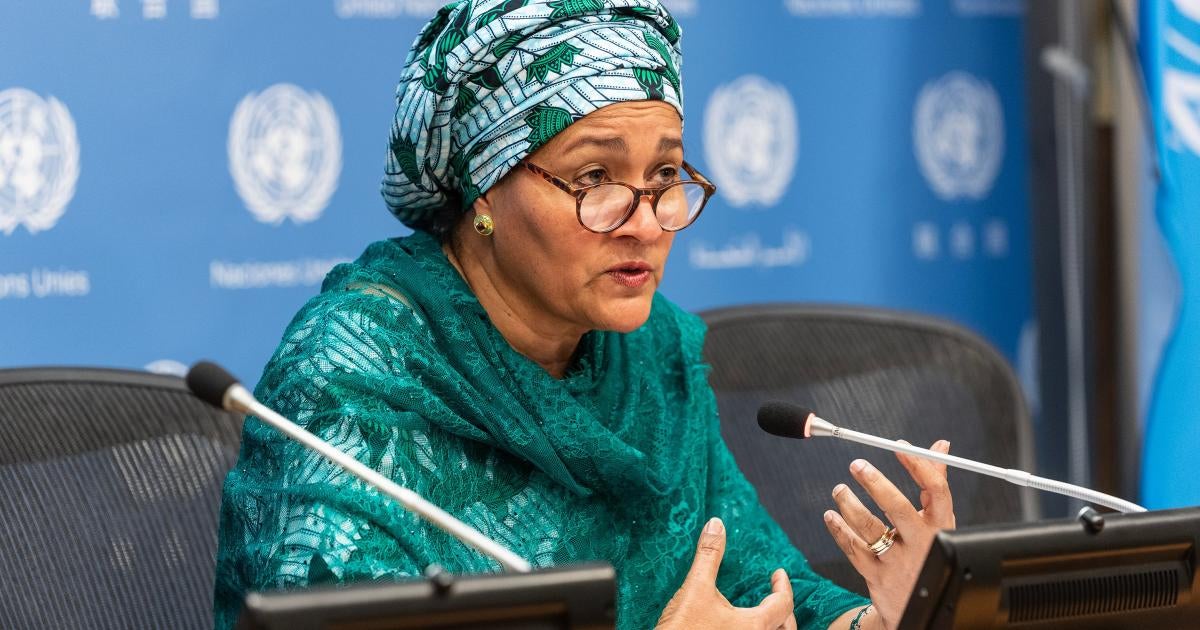UN Deputy Chief Amina Mohammed Urges Global Unity Despite Development Emergency
Speaking at the United Nations General Assembly in New York on 25 September 2025, UN Deputy Secretary-General Amina Mohammed delivered a compelling address urging world leaders to confront a mounting “development emergency” through collective action, reform, and renewed multilateral cooperation. Her remarks outlined urgent priorities spanning diplomacy, humanitarian crises, youth engagement, and UN system reform.
🌍 On Global Development and Multilateralism
- “We are living through a development emergency. The decisions we take now will shape development trajectories for decades to come.”
- Called for a revitalized commitment to multilateralism, framing it as an essential global framework—not a rhetorical ideal.
- Advocated for reform of international institutions to better reflect today’s geopolitical and economic realities.
🧒 On Youth and Inclusion
- Addressed the rising frustration among young people facing climate instability, inequality, and exclusion.
- “Young people are demanding accountability, climate justice, and a seat at the table. We must listen—and act.”
- Urged governments and institutions to embed youth voices in sustainable development planning and decision-making.
🕊️ On Conflict and Humanitarian Crises
- Condemned ongoing violence in Gaza, Sudan, and Myanmar, calling attention to the suffering of civilians.
- Criticized external actors who perpetuate conflict under the guise of humanitarian concern.
- Called for stronger accountability mechanisms and protection for vulnerable populations, especially women and children.
🛠️ On UN Reform and Operational Effectiveness
- Emphasized the need to recalibrate UN development coordination and enhance country-level impact.
- Recognized progress in system coherence, particularly through the leadership of Resident Coordinators.
- Stressed the importance of predictable funding and tailored national support to ensure the UN remains agile and effective.
📣 Closing Message
- Mohammed’s address served as both a caution and a call to action: “The time for diplomacy is now.”



